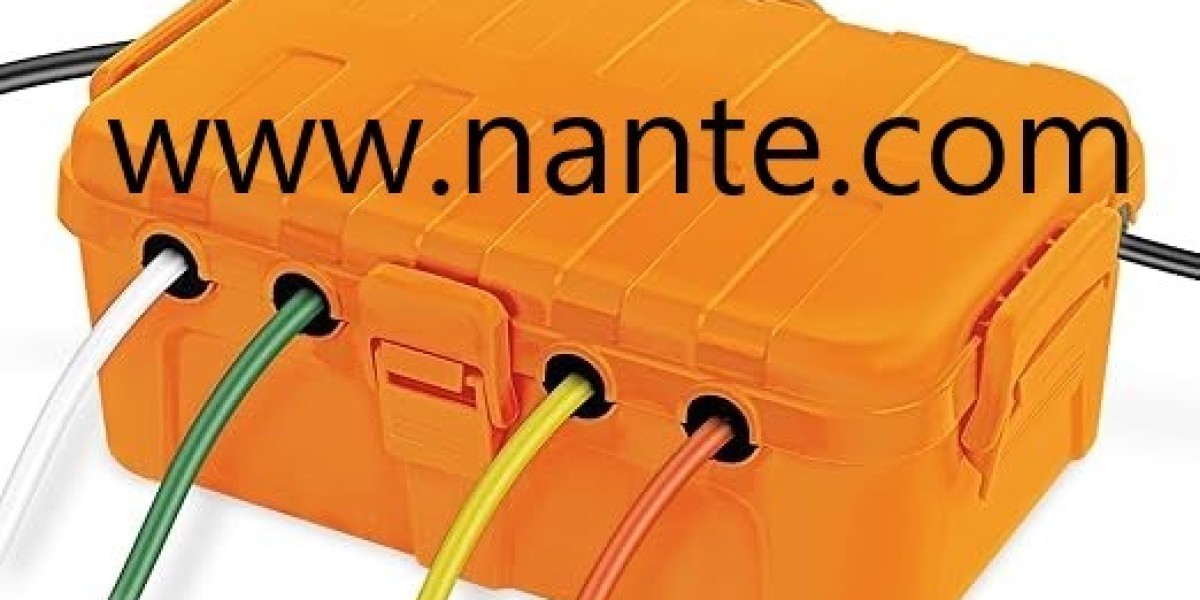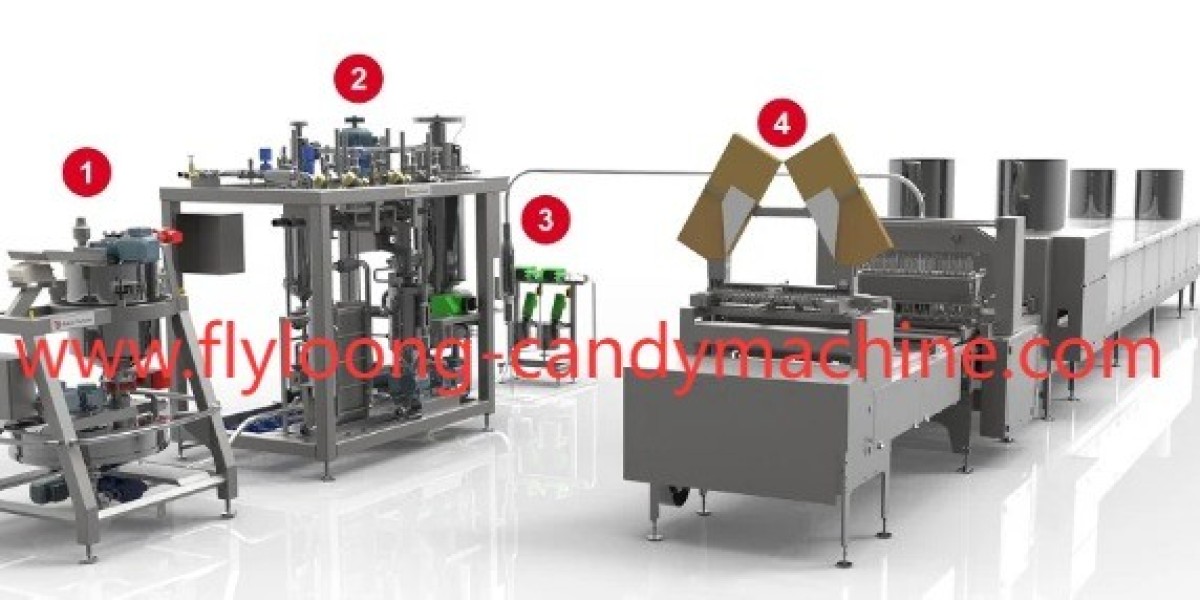Outdoors where weather and wear meet electrical needs a well chosen Outdoor Socket Box can mean the difference between a tidy installation and a recurring headache. A purpose built enclosure keeps outlets covered and connectors sealed so that garden lighting irrigation pumps or event gear stay powered without exposing wiring to rain or dust. Picking the right housing depends on how you expect the box to perform in sun wind and wet conditions and on how much service access you want for routine checks.
The words waterproof and weatherproof get used interchangeably in casual talk but they point to different expectations. Waterproof implies the ability to resist water under more demanding exposure while weatherproof generally means a design that sheds rain and keeps out dust in normal outdoor use. That distinction matters when a unit faces occasional splashing versus prolonged immersion or coastal spray. Look for descriptions that explain how a seal system works and what kinds of contact with water the box is meant to withstand.
Sealing strategy makes up much of the practical difference. A quality enclosure uses a continuous gasket at the cover edge and sealed cable entries so water cannot follow a path into live parts. Some designs include drainage channels that direct any accidental ingress away from sockets and mounting points, and UV stabilized finishes that resist sun driven brittleness. Those features keep covers closing tightly and reduce surprises during seasonal storms.
Mounting and placement influence longevity as much as material choices. An exposed mounting that faces prevailing weather will see more stress than a sheltered location under an eave. Where possible site the box where water runoff cannot pool against its base and where direct sun will not bake seals daily. If a location is subject to salt spray consider finishes and fasteners that resist corrosion and avoid buried cable runs that trap moisture. Installer guidance and checklists help pick suitable siting and fastening methods.
Access and serviceability often get overlooked until a cover will not open or a label has faded. Choose a model with covers that open without forcing seals and with enough internal room to reach terminals safely. Clear labeling for inlet and outlet faces simplifies checks and helps anyone who inspects the box know which cord or circuit they are handling. For communal sites and event use quick release fasteners and clear orientation marks speed staging and reduce mistakes during handover between teams.
When deciding how aggressive protection must be consider the use case. A yard lighting point and a temporary stage hub face different risks. For modest exposure a weatherproof box that keeps rain and dust out during normal conditions may be adequate. For installations that could see direct water spray or occasional submersion choose a device whose sealing strategy is described as waterproof and check for notes on resistant finishes for coastal conditions. If you expect repeated plugging cycles pick reinforced connector faces that tolerate wear.
Testing and commissioning steps matter. After installation torque fasteners to spec, seat the cover and run a short check to confirm there is no stray voltage at the face. A simple visual and tactile check of seals and cable glands during routine maintenance reduces the risk that small cracks become larger problems. Many manufacturers provide checklists that list siting, sealing and commissioning steps that save time during initial setup and during seasonal inspections.
For temporary or mobile use think about portability without sacrificing protection. Portable housings that include handles and secure latches let event teams move a single hub between locations while keeping wiring protected during transit and when outdoors. When those units include clearly marked inlet and outlet faces and replaceable protective modules they become practical tools for teams that stage frequent setups and need predictable performance.
Sustainability and lifecycle costs are practical concerns. A housing that resists ultraviolet damage and that uses corrosion resistant fasteners will need fewer replacements and will keep aesthetic and functional integrity longer. Choosing parts with available spare components and documented service notes helps reduce downtime and keeps maintenance budgets predictable. Suppliers that publish variant lists and installation notes make it easier to plan spares and to match parts to site realities.
Public conversation about resilience and safety has made clearer installations more visible in shared spaces. Whether you are fitting a garden lighting cluster, powering display equipment for a neighborhood event, or upgrading power points around a public venue, matching the level of protection to the environment helps avoid surprise failures and keeps people safe near energized equipment. When in doubt consult manufacturer guidance and choose a configuration that balances sealing, access and mounting for the conditions you expect.
If you would like to compare housings and see installation notes, images and model options for different outdoor scenarios visit the product area at https://www.nante.com/product/ where practical examples show how differing seals, covers and mounting choices fit a range of outdoor uses. The pages provide visual guides and variant listings to help you match a box to the place where it will work and to plan simple maintenance routines that keep connections reliable through seasons and events.








